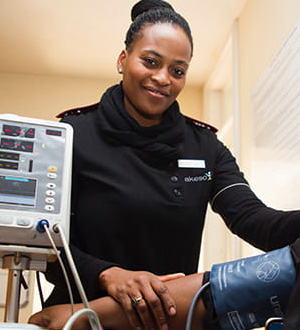Most Popular Tests

ACCUPLACER Test Prep
The ACCUPLACER is a web-based assessment tool offered by College Board, designed to help colleges and universities determine a student’s skills in reading, writing, and math. The test is an untimed, multiple choice style exam that is adaptive, which means that the difficulty of the test will tend to increase, depending on the student’s success in earlier portions.

Praxis Test Prep
Praxis Core Academic Skills for Educators tests are a series of exams used for either deciding which candidates are qualified for a teacher education program or as part of the licensing process for those who have graduated with education degrees. The Praxis II: Subject Assessment tests are more focused, they are individual subjects. Our study materials and practice tests can help you prepare for both.

SAT Test Prep
The SAT test is used in the application process to colleges and universities. The test measures critical thinking skills and the capability to evaluate and solve problems. The SAT test consists of four separate sections; critical reading, mathematics, writing, and a variable or equating section. Take our practice tests to help prepare you to ace the SAT.

ATI TEAS Test Prep
The Test of Essential Academic Skills, or TEAS® Test, is a standardized exam given to students who are interested in attending nursing school. The TEAS 6 test consists of four main subject areas: Reading, Math, Science, and English Language Arts. Taking practice tests will help better prepare for this exam and get into nursing school.








